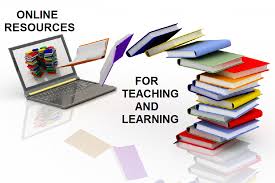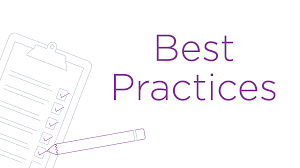These are a few Articles, Video’s and Webinars with information on different Remote Learning strategies.
Articles
-
- Enhance Student Study Activities with Mind Mapping
- Enhance the Learning Experience with Screencasting
- Making a First Impression with Your Introduction Videos
- Quality matters: Five Tips for Remote Teaching
- Remote Teaching Strategies
- Strategies for Remote Teaching and Learning
- Student Strategies for Learning Remotely
- The Shift to Remote Learning: The Human Element
- Use Humor to Improve Student Learning
- When Colleges Shut Down, Some Students Have Nowhere to Go
- Covid-19 and the Academic Parent
- Higher education and the digital revolution: About MOOCs, SPOCs, Social Medial, & The Cookie Monster
- An Argument for ‘Remote’ Rather Than ‘Online’ Instruction
- Grading for a Pandemic
- Online Education and Authentic Assessment
- Zoom Boom
- How Teaching Changed in the (Forced) Shift to Remote Learning
- Community Is the Secret to Successfully Enrolling Students in the Fall
- Google – Teaching from Home Recourse Toolkit
Videos
-
- Five tips for remote learning
- The Challenges of Remote Learning and Working & Your Experiences Too!
- Downloadable Quick Guide to Transition to Remote Learning
- 3 Mistakes I Made When I Started Teaching Online (And What to Do Instead)
- Helping Students Avoid Problems with the ‘Asterisk Semester’
- How Community Colleges Are Planning for the Fall, and Beyond
Webinars
Top Topics
-
-
-
- Strategies for Moving Online
- Designing Remote Assessment
- Using Panopto for Creating & Sharing Video Online
- Polling for Online Classes
- Using Zoom for Teaching Online
- Inclusion, Accessibility, & Accommodations in Online Learning
-
-
- EdTech Center – Distance Ed Strategy Sessions
- Webinar: Moving Your Accounting Course Online
- What we’re learning from online education – Coursera







